Stainless steel - why it’s not all equal
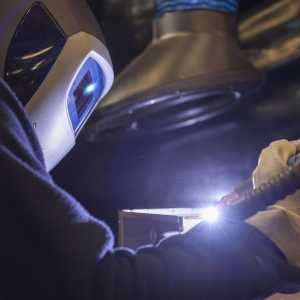
We often talk about performance, after all, you want to know that your commercial water boiler will do what it’s supposed to do. But beyond basic functionality and the bells and whistles that make it ultra efficient with fast delivery is the very construction of the product. How a boiler is made can mean the difference between breakdowns and a long, trouble-free ownership.
Stainless steel is of course the most popular material for water boilers - and in fact a large number of products relating to the catering industry. This is largely down to the added alloy of chromium because this is what gives stainless steel its famous corrosion resistance. Here are just a few examples of what makes it so ideal;
- It can be easily formed into a variety of shapes needed for kitchen equipment and machinery
- It is tough and can endure conditions found within catering kitchens and processing plants
- It can be easily cleaned, withstanding repeated washing with chemicals and detergents
- It does not react to alkalis and acids found in some foods.
It’s also worth noting that there are multiple grades within the stainless steel family. The grades each have different compositions and therefore different properties, so not all can boast the same performance.
Here at Instanta, we use 304 grade stainless steel for our product casing. What makes 304 grade different - and indeed perfect for water boilers - is the presence of nickel. As an ‘austenitic’ stainless steel, this particular grade can withstand corrosion from most oxidising acids, giving it outstanding durability and therefore making it ideal for kitchen use.
Ferritic stainless steels (400 grades) are often used in water boiler manufacture, and while they have the same outward appearance as austenitic grades (200 and 300 grades), their properties are not as corrosion-resistant.
We pride ourselves on durability and reliability, so for us there is no question about which grade of stainless steel to use. Next time you’re tempted by a cheaper version, consider what grade it’s made from - the saying ‘buy cheap, buy twice’ may well ring true.
If you have any queries about how our products are made, feel free to get in touch - we’d be happy to talk you through the process. View our range of stainless steel water boilers.
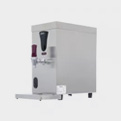 Counter top boilers
Counter top boilers
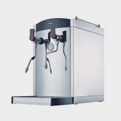 Steam boilers
Steam boilers
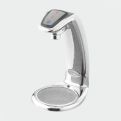 Under counter
Under counter
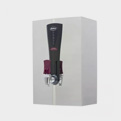 Wall mounted
Wall mounted
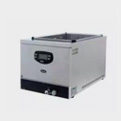 Sous vide
Sous vide
 Filters
Filters
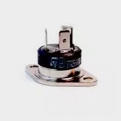 Spare parts
Spare parts













